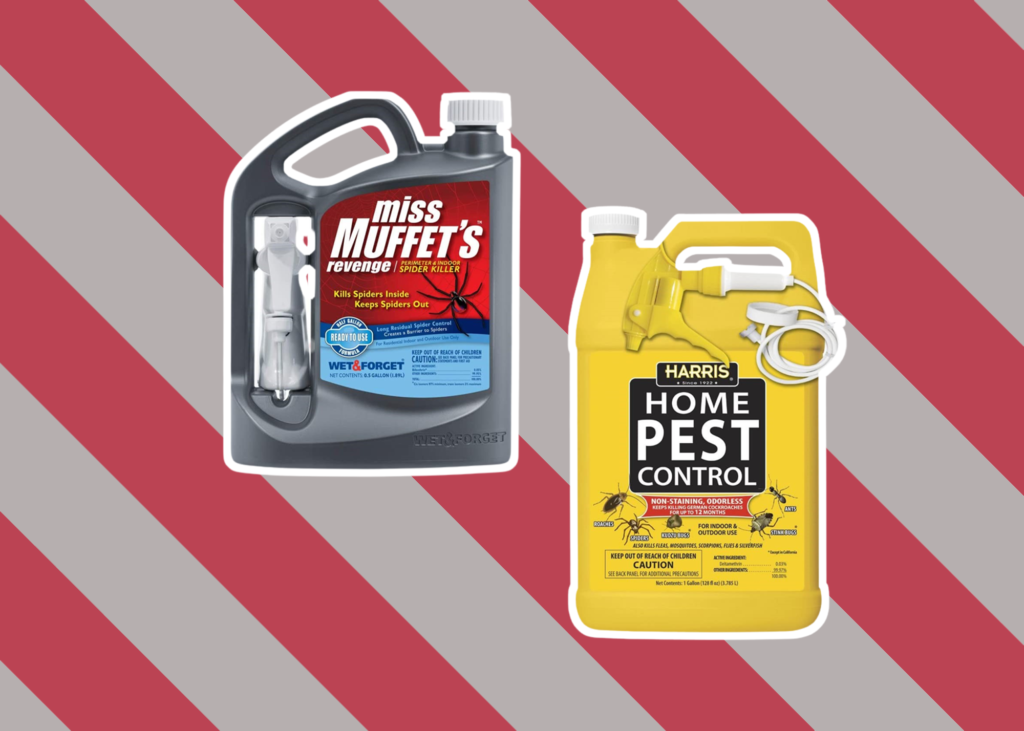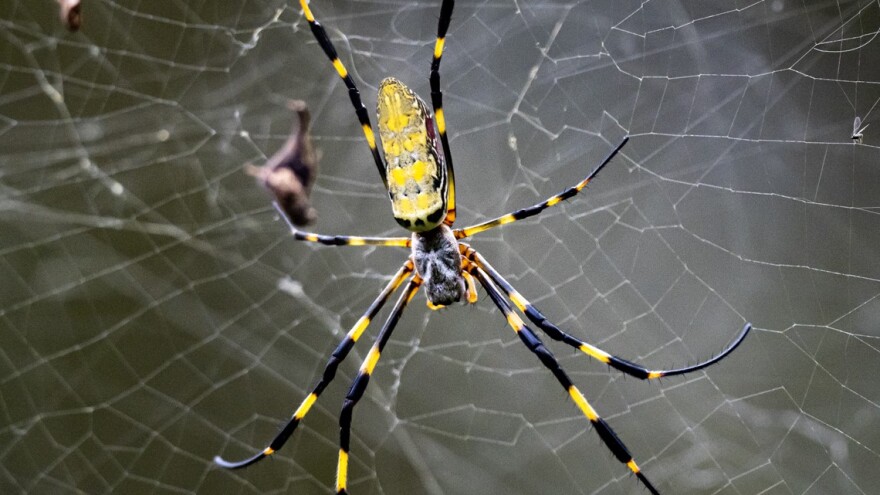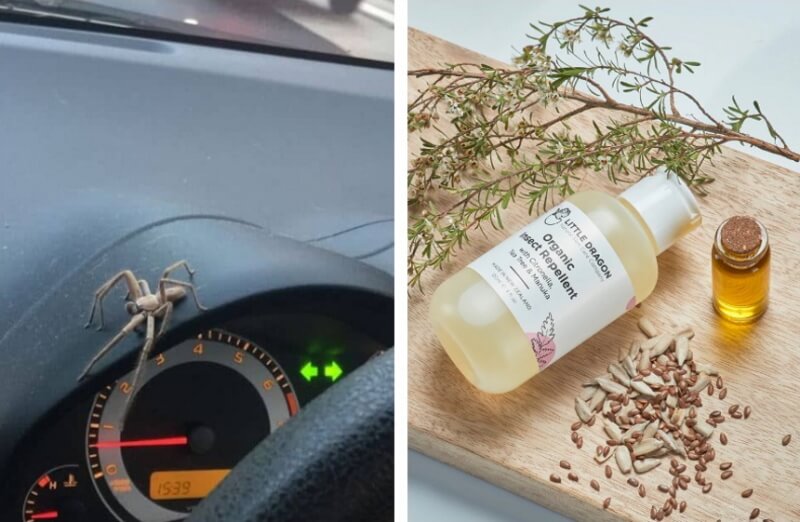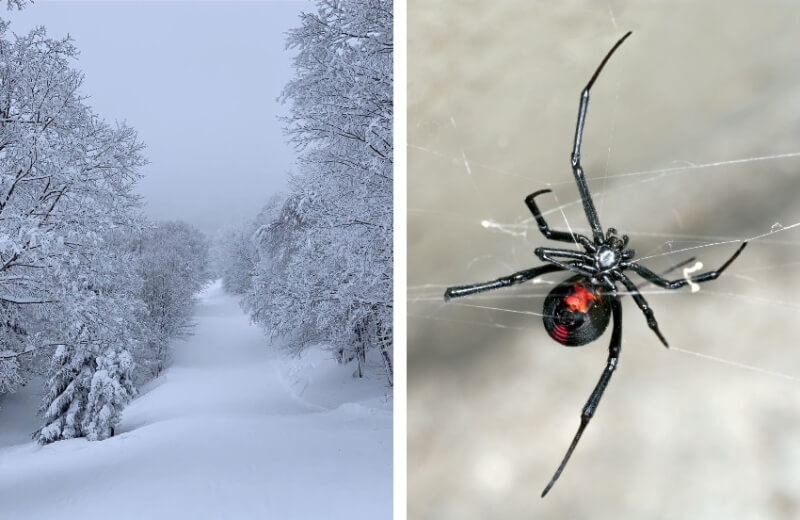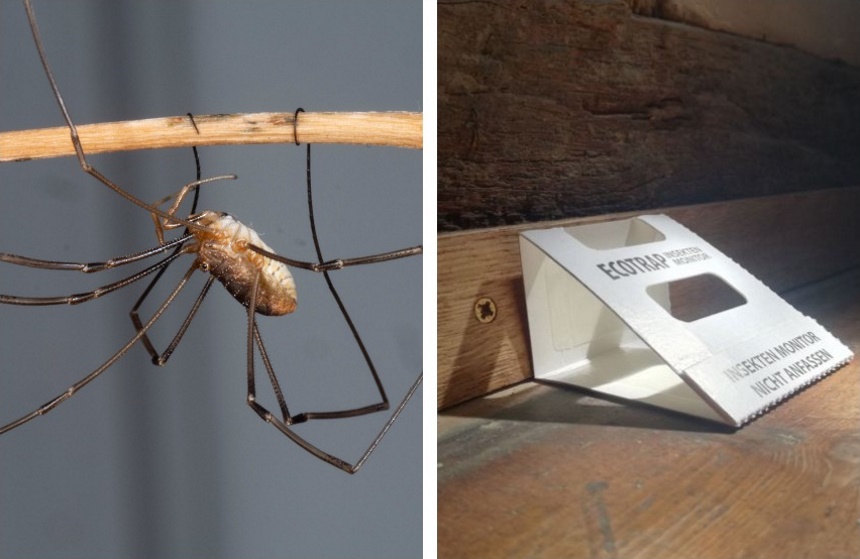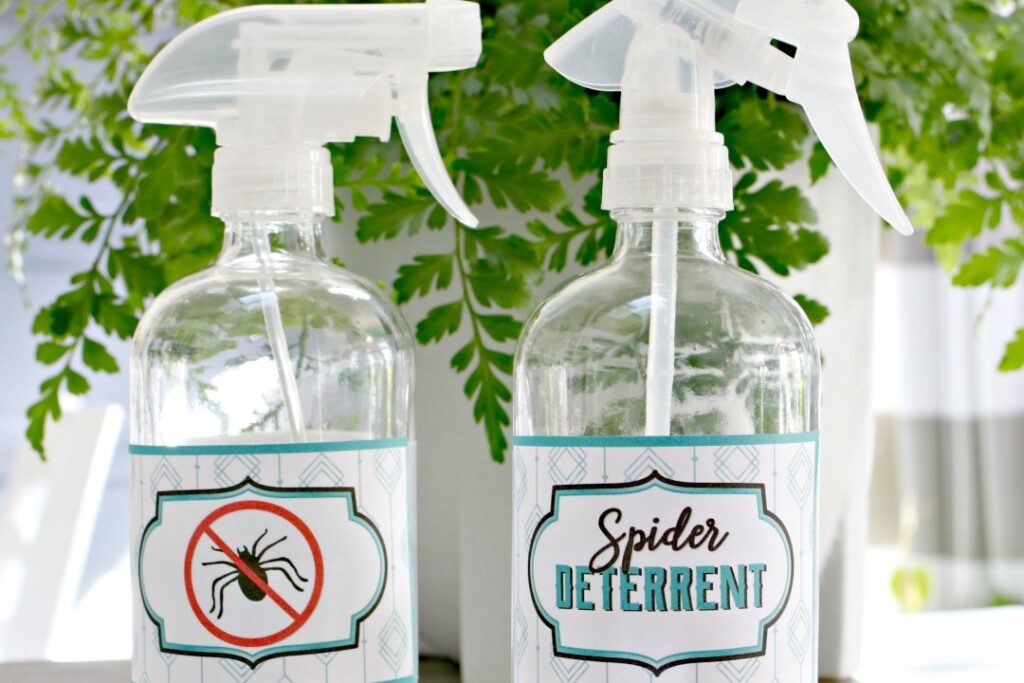

Are you nearly at your wits’ end when it comes to spiders around your house? Do you wish they’d go away on their own, only for you to realize that they’ll probably stay there unless you remove them? Are you or someone in your household terrified of them? If you answered yes to either of them, then learning how to get rid of spiders might be for you.
Let’s face it: no one wants to live in a house full of spiders. Sure, they eat pesky, intruding insects for us, but we don’t want to see our house covered in cobwebs everywhere. We don’t want them to bite us either, especially if they’re venomous. If you’re ready to rid your house of these creepy crawlers, continue reading.
There are a lot spider species in the world, but only a few regularly make their way into our homes. Here’s an overview of some of the common spider species:
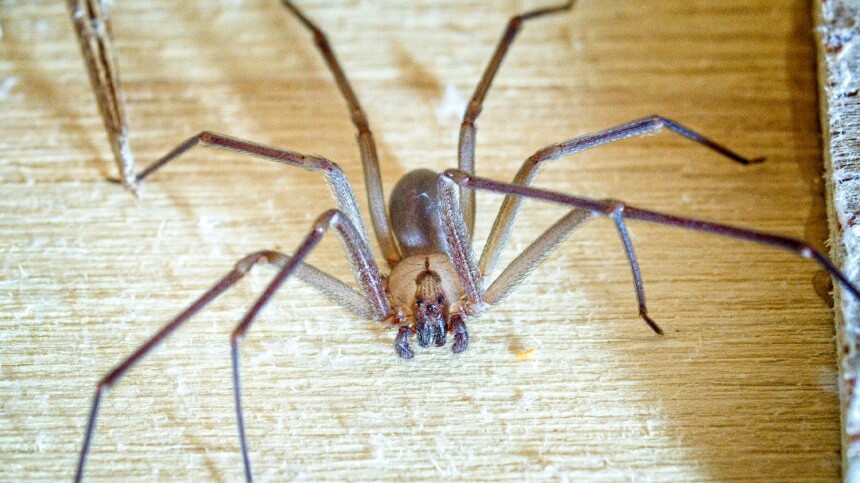
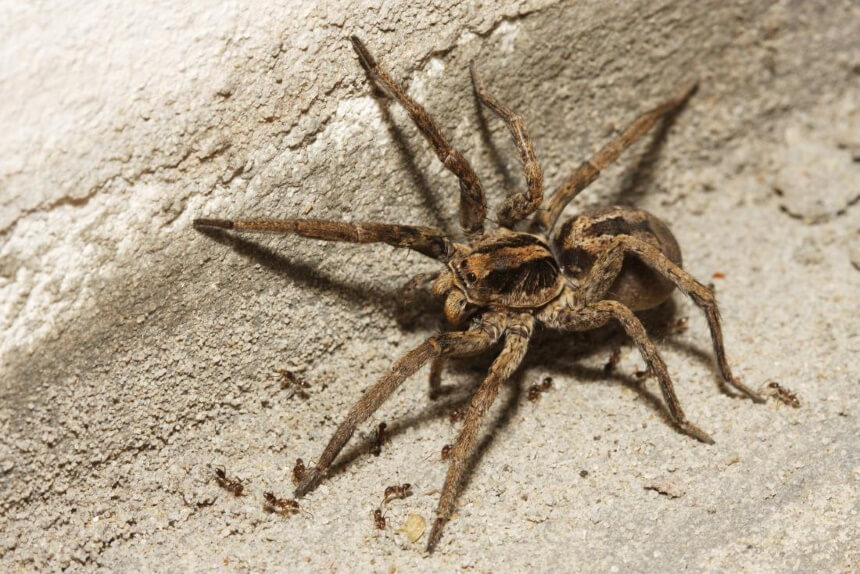
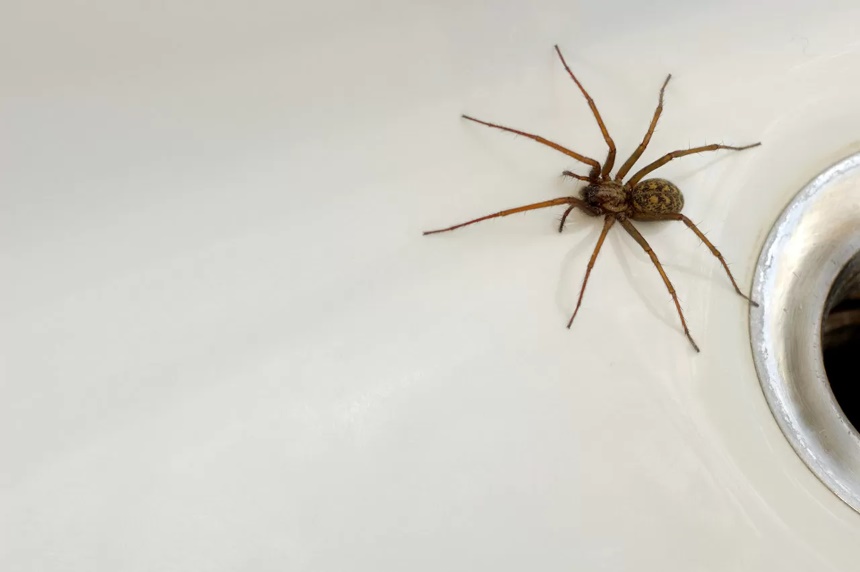
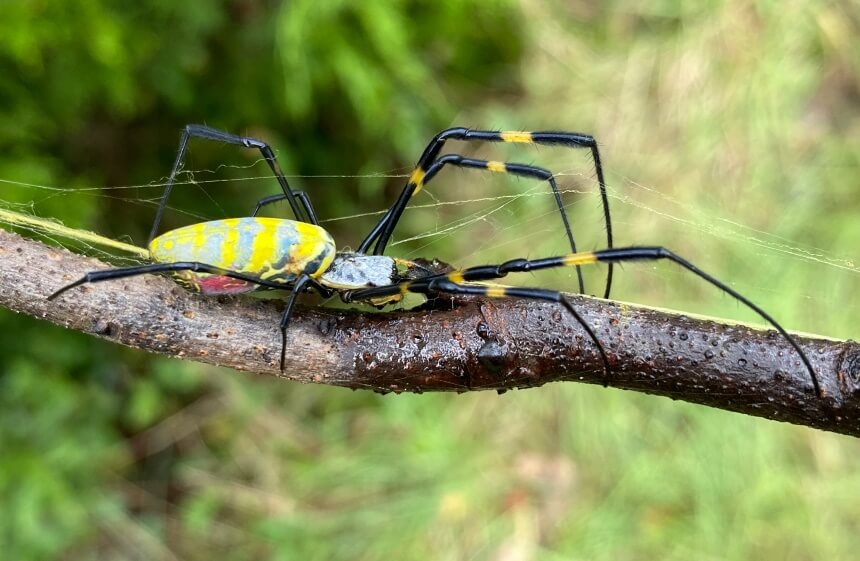
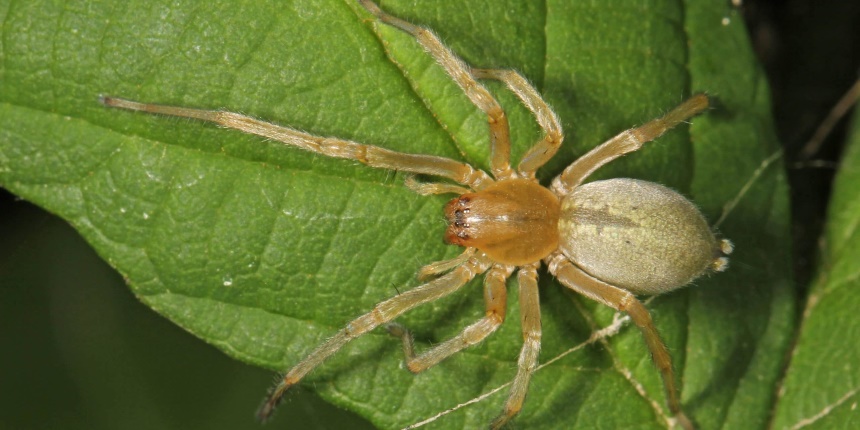
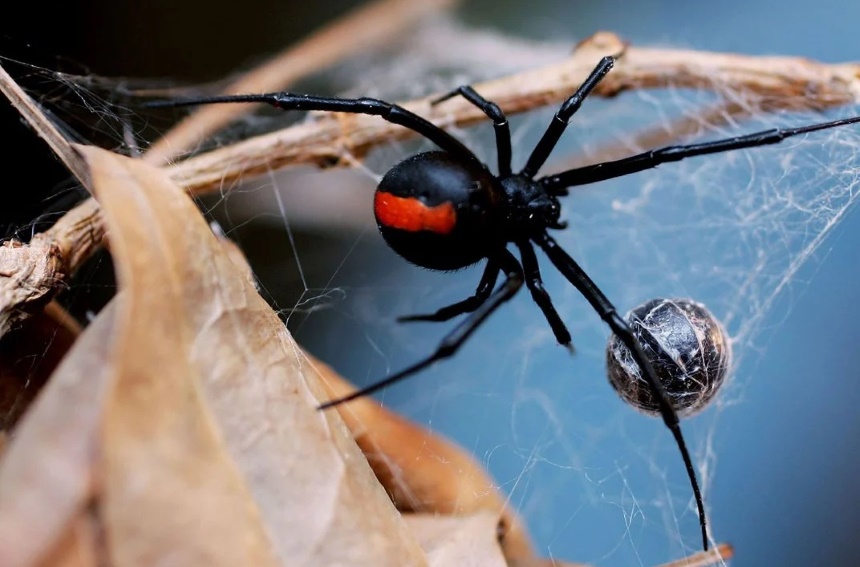
Thankfully, it has a distinct appearance; you’ll know it’s a Black Widow as soon as you see it. The spider is black and hairless, with a red hourglass marking on its abdomen. They like to live in dark, quiet spaces.
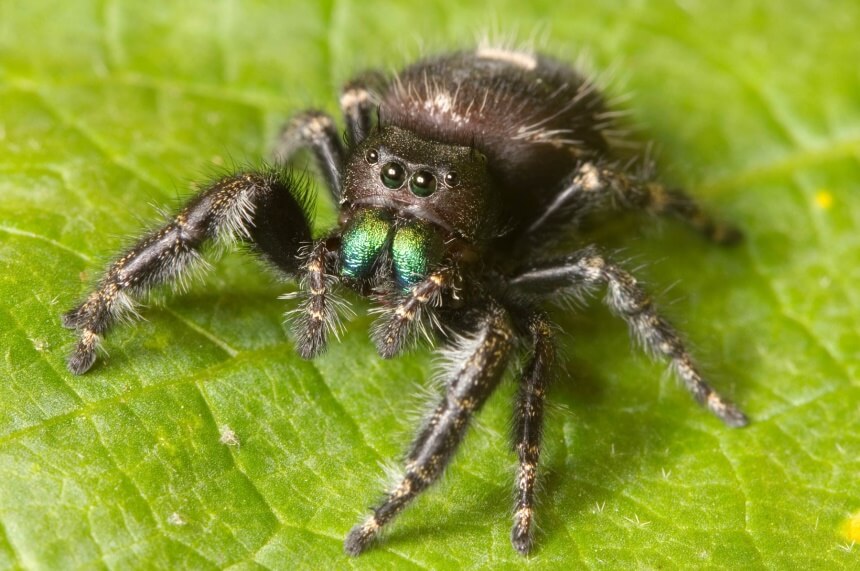
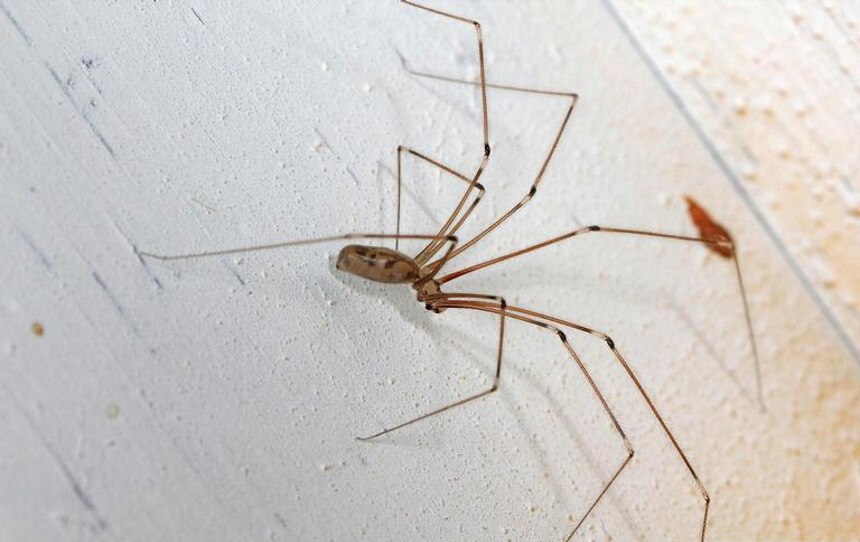
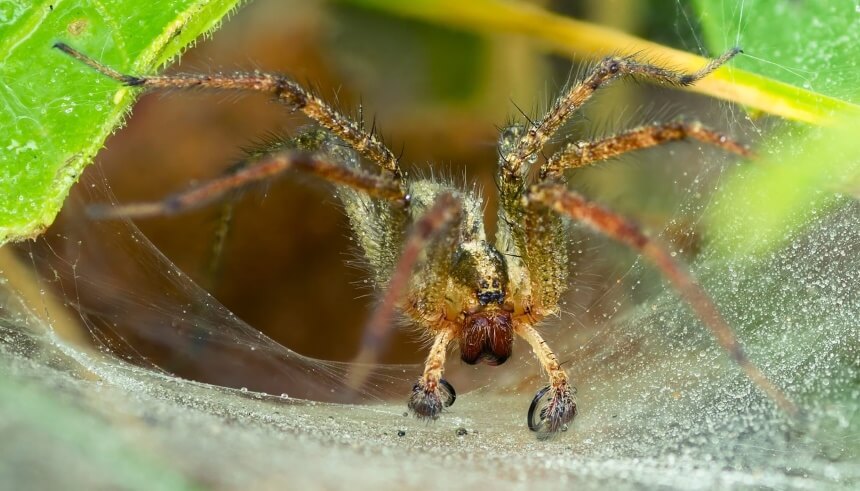
There are two possible reactions whenever a person sees a spider: scream and run away from terror; or grab something to squish and kill it. While this is an understandable course of action, spiders can help rid us of other intrusive insects as the eight-legged creatures primarily feed on them.
What isn’t alright, however, is when spiders take refuge and multiply inside our homes. Some species, such as Daddy Long Legs, are more of a nuisance in large numbers than others. However, if you have an infestation of venomous species such as Brown Recluse, that’s a bigger problem.
Here are a few tips for how to get rid of spiders in your house.
Take a break before you freak out at the presence of spiders in your home. That’s because you have a lot of tools at your disposal, most of which are natural and chemical-free. Knowing how to get rid of spiders in the house without chemicals saves your health in the long run and gives you a leg up against creepy crawlers. Let’s explore the best ways of how to get rid of spiders in the basement or elsewhere in your house.

It’s easy to create your homemade spider repellent. All you have to do is dilute 15-20 drops of the essential oil of your choice in water. Then, transfer the mixture into a spray bottle, preferably glass. Spray it directly around your house – corners of walls, along your window, around your door, and even on wall cracks. Reapply every few days to maintain effectiveness.
This method should always be at the top when considering how to get rid of spiders with home remedies. It’s inexpensive, easy to make, and completely non-toxic. And if you don’t have the time or tools to create your spray, you can always purchase a bottle of natural spider repellent online.
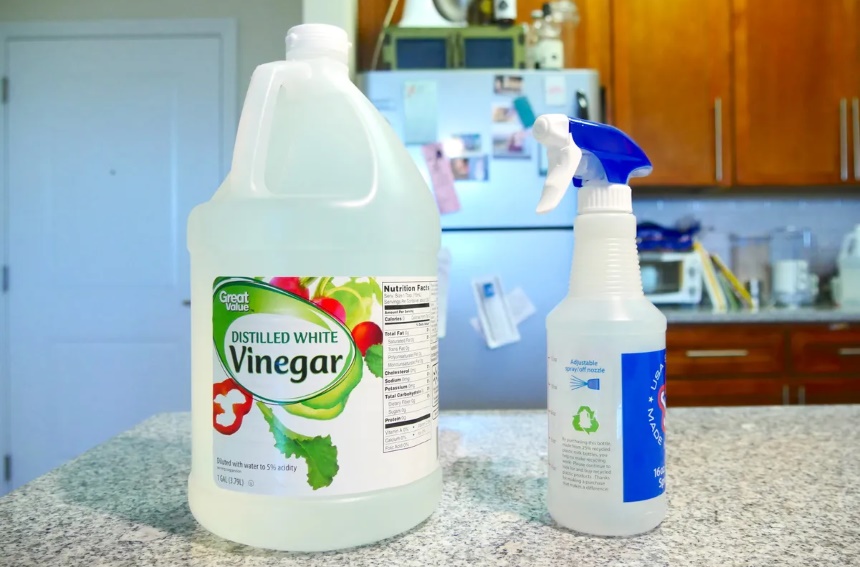
The main downside to this method is the potential vinegar smell that might linger around your house. Even though the vinegar is diluted, it might still leave your home smelling quite sour. Feel free to use this as a method of how to get rid of spiders outside.
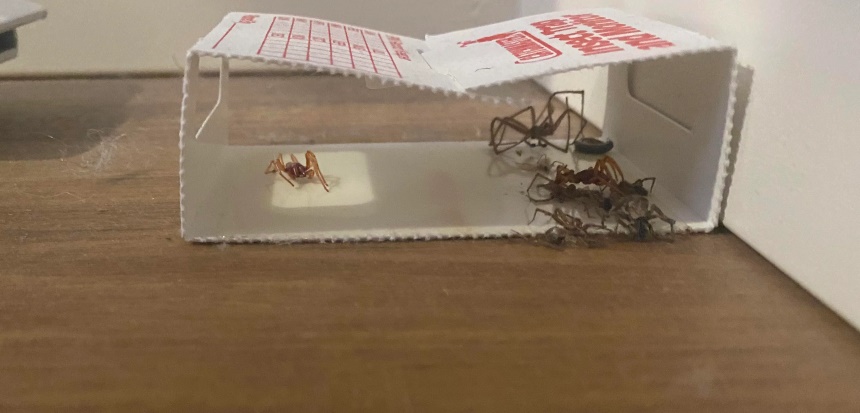
Make sure you dispose of the spent trap after every few days or when it’s full. The last thing you need is another scavenging insect entering your house to feast on dead spiders.
Depending on and the scale of your infestation, you’ll likely use more than one trap at a time. Thankfully, online retailers sell non-toxic traps for indoor use in multiple packages. This is a good step when planning how to get rid of spiders in an apartment.
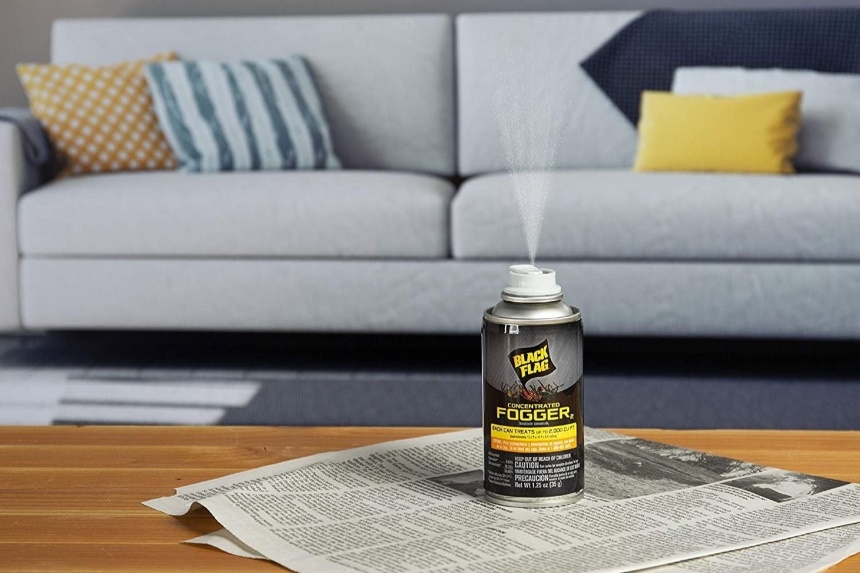
Foggers work by spraying a fine mist over an area. That mist contains droplets of poison, which either work on contact or acts as a barrier to deter spiders from returning. Some products can only be used indoors, some outdoors, and some can even work on both. It’s probably unwise to use foggers when planning how to get rid of spiders on outdoor plants, however.
If your spider problem involves venomous outdoor spiders such as black widows, consider using one of the best outdoor spider sprays that we reviewed earlier. You should not risk yourself getting bit; a black widow’s bite can make you ill. As such, you don’t want to be dawdling around with homemade sprays. Use a proven spray to kill outdoor spiders quickly.
Approaching venomous spiders requires extra care when getting rid of them. After all, you don’t want to get bit. Here are some tips for you when dealing with these types of spiders:
There comes the point when your homemade attempts to eliminate spiders will no longer work. If this is the case, you likely have a heavier infestation than initially thought. It’s time to call in the professionals, especially if you’re dealing with a venomous spider. They know how to get rid of black widow spiders, for example.
Professional exterminators will examine your spider problem and identify where else they could be hiding. They will also pinpoint the reason why spiders are in your house in the first place, which is likely to be an unknown infestation of another insect. Once they figure out your problem, they will apply various poisons and repellents to rid your house of spiders. They can even teach you how to get rid of spider eggs.
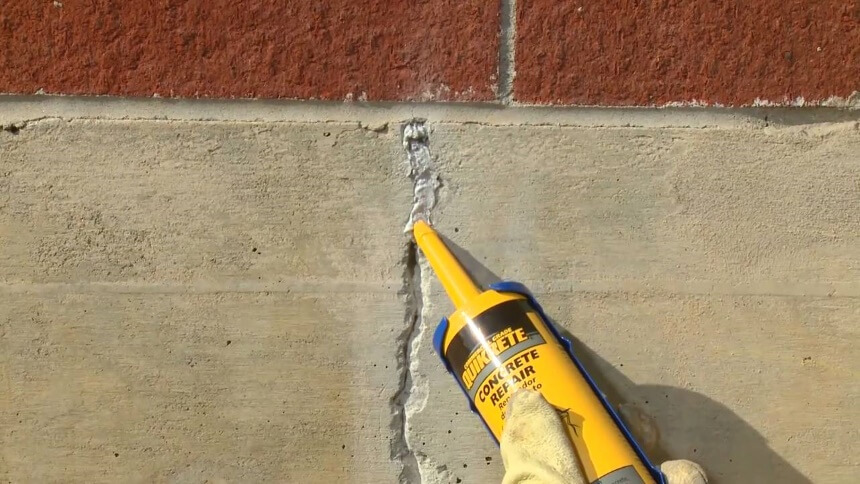
Did a spider bite you while you were trying to spray it, and you’re not sure whether the spider was venomous or not? Keep calm and follow these steps:
Even though spiders are technically helpful, we don’t want them living inside our house. Now that you know how to get rid of spiders, you should be able to protect your home from further infestation. You have a plethora of choices: natural remedies, commercial foggers, and professional extermination. And remember that spiders taking refuge inside the house is indicative of another problem.
On the other hand, we don’t want certain spiders anywhere near our home, either. Black Widows and Brown Recluses should never be allowed in your property because of their venomous bites. As long as you’re diligent in applying preventive measures around your home, you shouldn’t have to worry too much about these eight-legged creatures.
